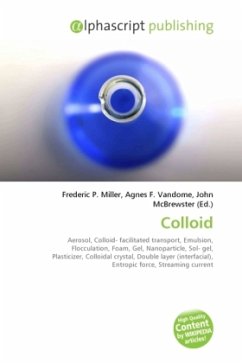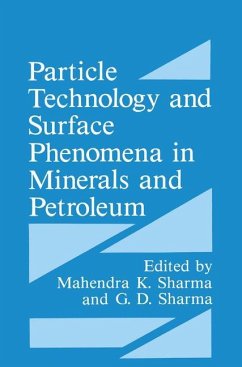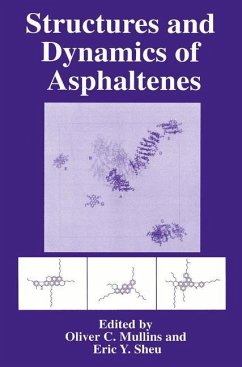A colloid is a type of chemical mixture in which one substance is dispersed evenly throughout another. The particles of the dispersed substance are only suspended in the mixture, unlike in a solution, in which they are completely dissolved. This occurs because the particles in a colloid are larger than in a solution - small enough to be dispersed evenly and maintain a homogeneous appearance, but large enough to scatter light and not dissolve. Because of this dispersal, some colloids have the appearance of solutions. A colloidal system consists of two separate phases: a dispersed phase (or internal phase) and a continuous phase (or dispersion medium). A colloidal system may be solid, liquid, or gaseous. Many familiar substances are colloids, as shown in the chart below. As well as these naturally occurring colloids, modern chemical process industries utilise high shear mixing technology to create novel colloids. Thus, colloid suspensions are intermediate between homogeneous and heterogeneous mixtures.
Bitte wählen Sie Ihr Anliegen aus.
Rechnungen
Retourenschein anfordern
Bestellstatus
Storno








